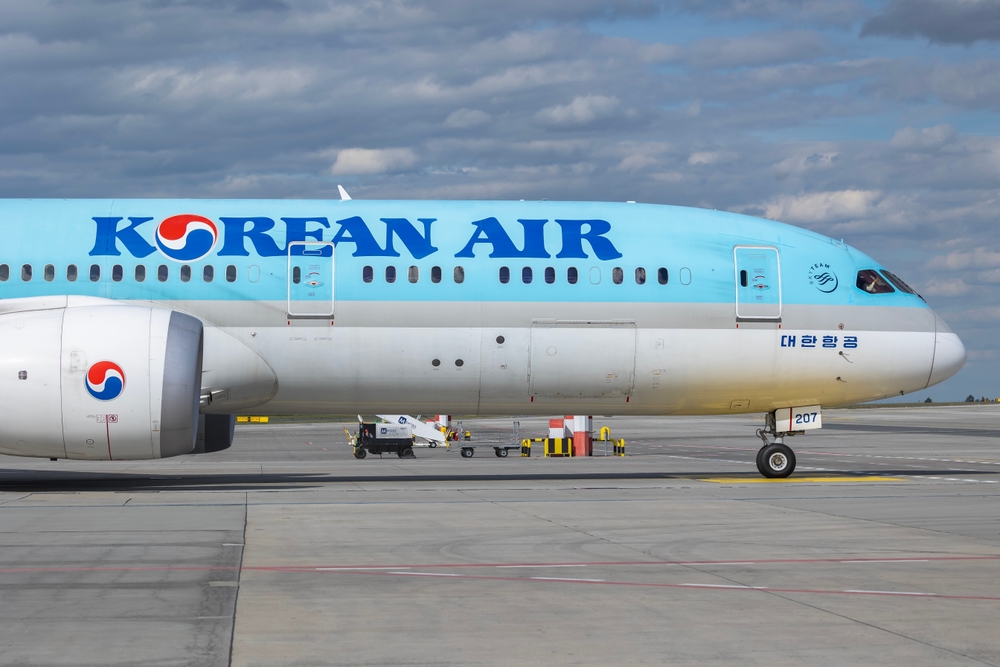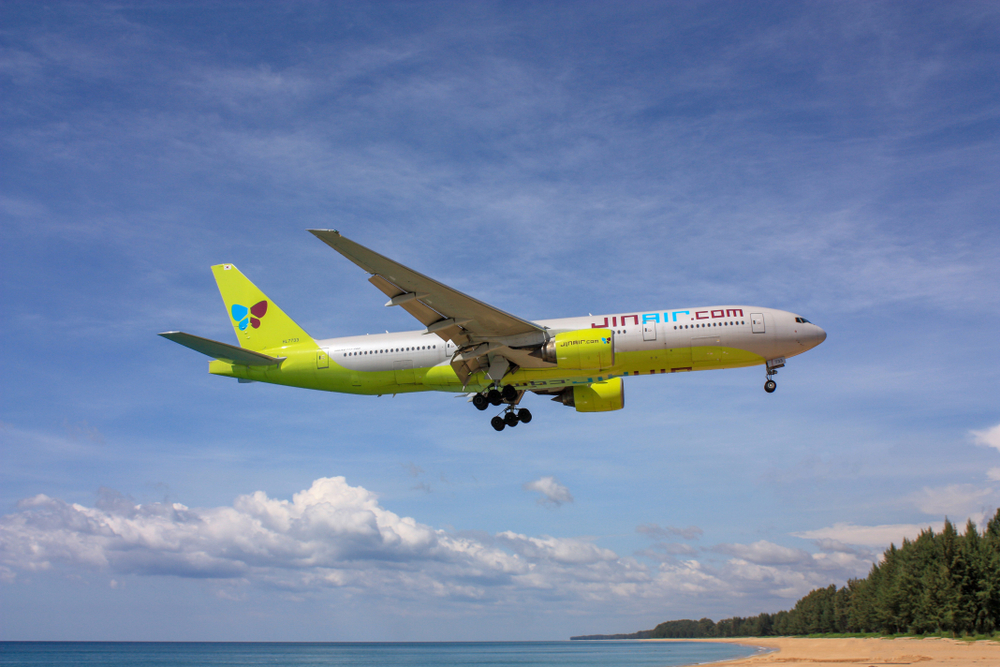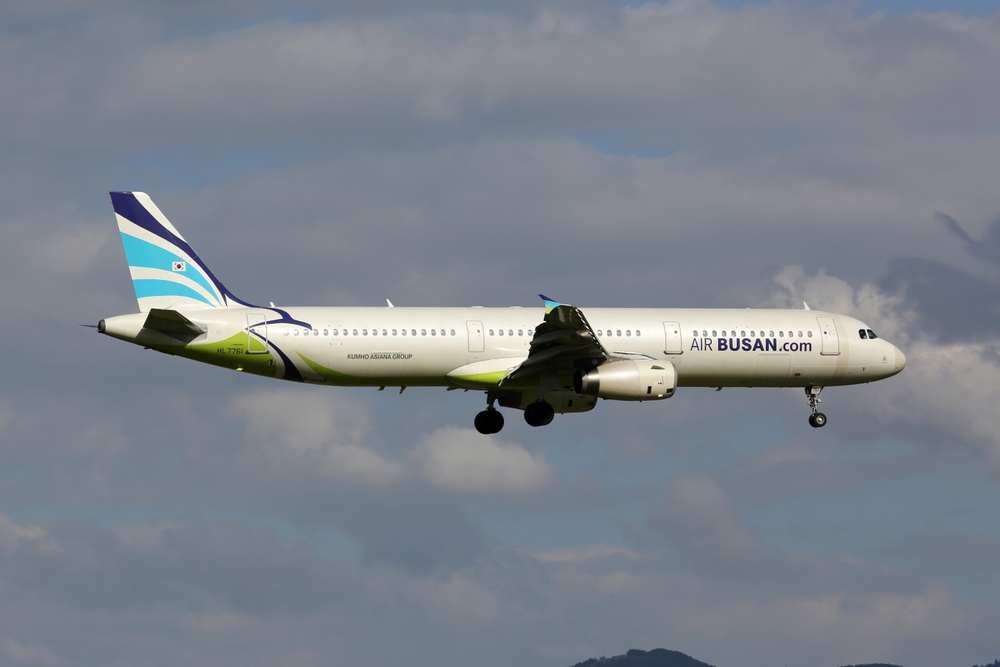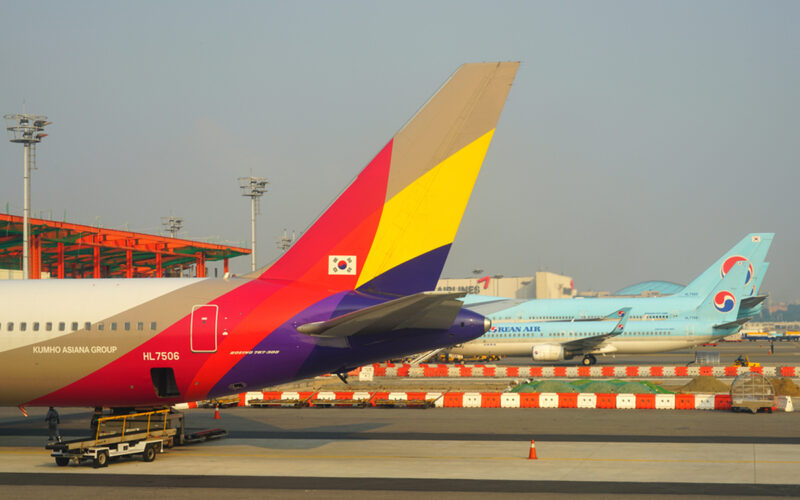Korean Air is expecting to complete its long-awaited purchase of local South Korean rival Asiana Airlines “within days” says the carrier. The company hopes to receive final anti-trust approval from US regulators during the second week of December 2024, following which the purchase will be finalized, creating one of the largest airline groups within Asia.
The takeover plan, said to be worth in the region of 1.8 trillion won ($1.3 billion) was first announced by the Seoul-based national airline of South Korea in 2020 as a way to rescue its smaller competitor Asiana which has struggled since the pandemic and to create a larger national carrier to more effectively compete with the likes of Cathay Pacific, Singapore Airlines and other major players in the region.
Signaling that US Department of Justice approval, the last obstacle to be overcome, should be received within the coming days, on December 3, 2024, Korean Air brought forward the date when it will officially become the majority shareholder of Asiana to December 11, 2024, when it will take a 63.9% share. At the time of writing, the US DOJ was yet to comment on either the deal or the timetable being discussed by Korean Air.

Once the deal has been finalized, Korean Air has stated an intention to consolidate the budget carriers of the newly enlarged airline group under its own Jin Air brand. Combining Korean Air’s Jin Air with Asiana’s low-cost subsidiaries Air Busan and Air Seoul could potentially create a low-cost carrier bigger than Korea’s current largest budget airline players in the form of Jeju Air and T’way Air.
Korean Air established Jin Air in January 2008. The carrier is currently the country’s largest low-cost airline and operates a fleet of 31 aircraft including 19 Boeing 737-800s, three 737-900s, five B737 MAX 8s, and four B777-200ERs.

This means the Air Busan and Air Seoul brands are set to disappear from the Korean aviation scene altogether following the merger. The airline group will then simply be Korean Air as its only full-service carrier with an enlarged Jin Air being its budget offshoot. “Jin Air, together with Asiana’s Air Busan and Air Seoul, will be unified under a single Jin Air brand,” a Korean Air spokesperson confirmed to Reuters.
Air Busan was established by Asiana Airlines in August 2007 as Busan International Airlines. It was rebranded into Air Busan in February 2008. Today, it operates a fleet of 22 aircraft – five Airbus A320s, nine A321s, and eight A321neos, according to ch-aviation and serves 29 destinations across 13 countries. Air Seoul was also launched by Asiana Airlines in April 2015 and operates a fleet comprising six A321s serving 12 destinations across five countries.

Together, Jin Air, Air Busan, and Air Seoul operated a combined fleet of 59 aircraft and operated around 8% of Korea’s domestic and international capacity in November 2024. Competitors Jeju Air and T’way Air operated just over 6% of the total flights each and operated 41 and 38 in their fleets respectively.
.

